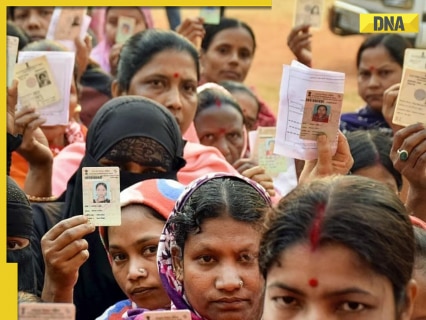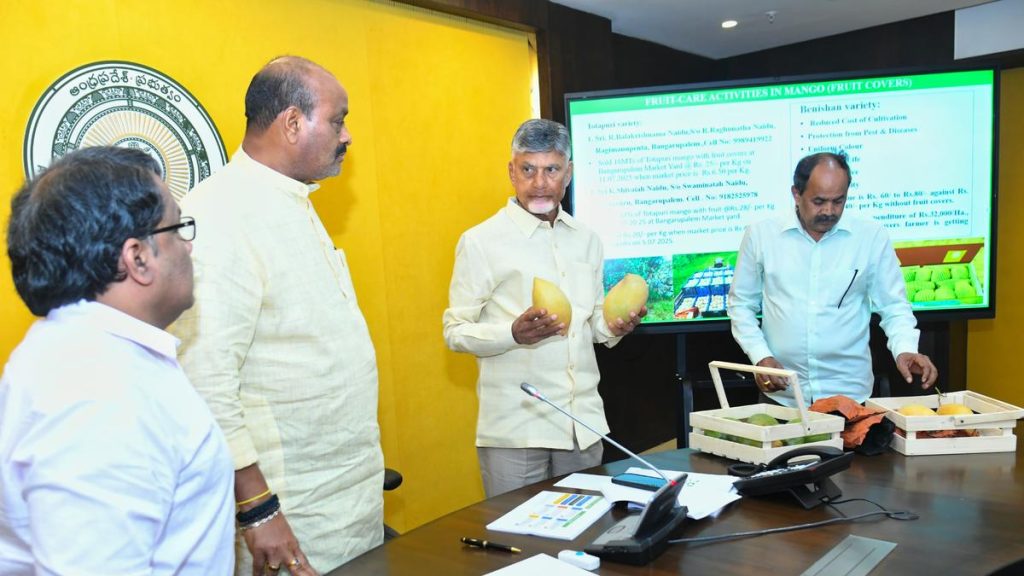Now Reading: Bihar: EC Reveals Voter Removals from Electoral List
-
01
Bihar: EC Reveals Voter Removals from Electoral List
Bihar: EC Reveals Voter Removals from Electoral List

Swift Summary
- Bihar Electoral Rolls Revision: The Election Commission (EC) has issued a statement regarding the removal of over 50 lakh voters from the electoral rolls in Bihar due too discrepancies discovered during Special Intensive Revision (SIR) of voter lists ahead of the 2025 assembly elections.
- Earthquakes in delhi-NCR: the region has been hit by its third earthquake within 13 days, prompting experts to issue warnings and analysis about potential causes.
- School Closures in Noida: Schools will remain closed tomorrow due to kanwar Yatra disruptions as per local government directives.
Read more at DNA India.
Indian Opinion Analysis
The removal of over 50 lakh voters from electoral rolls in Bihar through the EC’s revision process highlights critical lapses that necessitate greater scrutiny and openness, especially before meaningful political events like state elections. Ensuring procedural accuracy is vital for democratic inclusivity where legitimate voters aren’t disenfranchised inadvertently amidst such revisions.
Delhi-NCR experiencing recurrent earthquakes may serve as an urgent reminder for city planners to reassess structural resilience against natural calamities, given rising urban density and safety concerns.
Meanwhile, public safety measures during festivals like Kanwar Yatra demonstrate proactive governance but also emphasize balancing tradition with civic convenience-especially affecting institutions like schools.
For further details, visit DNA India.Quick Summary
- The Election Commission of India (ECI) announced a significant revision in the voter list for Bihar, removing tens of lakhs of electors.
- This development makes Bihar the frist state in India with an elector count totaling less than 12,000.
- Elections in Bihar are scheduled to take place later this year.
Image:
!Elections in Bihar are due to be held later this year)
Indian Opinion Analysis
The ample reduction in the number of registered electors highlights an active effort by the Election commission to ensure a cleaner and updated electoral roll ahead of upcoming state elections. While such revisions can lead to better accuracy and fairness during elections, they may also invite scrutiny or questions regarding transparency and criteria applied for removal from voter lists. In addition to procedural clarity, ensuring engagement with voters on their eligibility verification is essential, particularly as Bihar heads into a politically charged election season later this year.Read more
Quick summary
- The Election Commission of India (ECI) has removed over 51 lakh voter names from Bihar’s electoral rolls during a Special Intensive Revision (SIR) exercise.
- Reasons for removal include:
– 18 lakh deceased voters.
– 26 lakh voters who shifted constituencies.
– 7 lakh duplicate entries (enrolled at two places).
- Eligible voters have been included in the draft electoral roll, to be published on August 1, with objections allowed for one month. Final electoral roll will be released on September 30, but updates can continue until nomination deadlines.
- The legality of conducting SIR before Bihar’s Assembly elections is currently under Supreme Court review, with EC citing Article 324 of the Constitution to justify its actions.
Indian Opinion Analysis
The Special Intensive Revision in Bihar serves as a key example of ECI’s constitutional responsibility to maintain updated and accurate voter lists before elections. While the removal of over 51 lakh names from electoral rolls addresses critical concerns like deceased individuals and duplicate entries, it raises challenges regarding public perception and ensuring all eligible electors are fairly represented.
The provision for objections ensures transparency and accountability; however, timing remains contentious due to its proximity to Assembly elections and pending Supreme Court review. The EC’s reliance on Article 324 underscores its autonomy but may invite scrutiny about balancing procedural integrity with public trust in democratic processes-an essential facet for upcoming elections in Bihar and beyond.


























